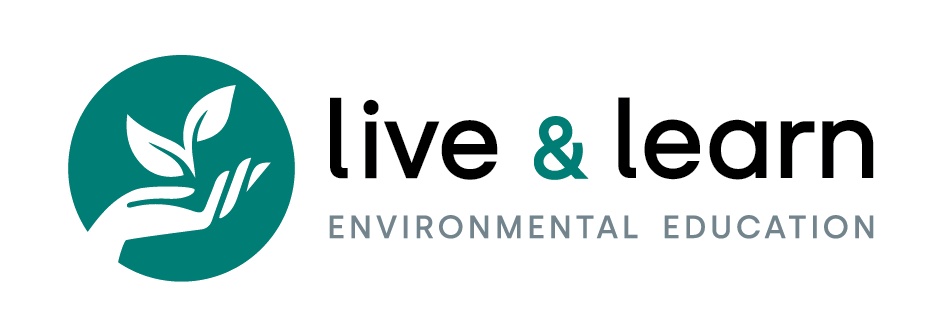In Kavula, a series of terraced taro gardens – known as vuci – look as if they have been there forever. And though the structure itself has been part of the forested landscape for many years, there was a long time in which it was unused.
The vuci is a system that uses a single spring of water to cascade through numerous layers of taro swamps, distributing the water efficiently throughout while ensuring little is lost. This is an old practice in Kavula – but it had fallen dormant until recently.
‘We used to practice it, but we had stopped,’ said John, a resident of Kavula. ‘Through this [Indigenous Knowledge Leadership] programme, we have revived this traditional practice.’
John is the farmer overseeing this particular vuci; the taro has grown tall already and will provide a significant source of climate resilient food, as the gardens are still swamped in water despite the weather having been very dry. But this isn’t the only way that Kavula has taken initiative following their participation in the IKLP.
They have resumed the old custom of solesolevaki, focusing on communally working each individual’s land before moving on to the next person’s, to ensure all farms and plantations are given adequate care. This also focuses on taking care of the land and crops of people who are less able to do so themselves due to disability, old age or other responsibilities.
‘Through our solesolevaki group, we’ve already planted around 500 dalo this year, and yaqona. We’ve also planted lots of climate resilient crops like kumala,’ John says. ‘This means everyone is taken care of.’
The IKLP has not only helped with food production. During planting for the ecosystems restoration areas, anyone who was able to assist did so, but carrying seeds up the steep hill to the planting site was not easy. But the women’s group made baskets from coconut leaves, a skill they had learned through the IKLP, and uses those to carry seedlings up to the restoration site during long days in which they still needed to take care of their children. These restoration areas are now growing well and are in good health, thanks in large part to the efforts of the women and the baskets they made.
Nearby Banikea has seen similar results with the reintroduction of the solesolevaki and other customs, such as the I sevu, an annual offering to ensure good harvests and ongoing food resilience.
Though the IKLP was facilitated by an Indigenous knowledge expert, the chief of Banikea says that a crucial part of reintroducing these practices is that the understanding has come from the people of the village itself.
‘No one else knows what the eldest were doing,’ the chief said. ‘No one else can teach us; it has to be someone from this village.’
This knowledge was always there, but some of these practices had fallen away; now, it seems that they were never gone.
Climate Resilient Islands is a New Zealand Ministry of Foreign Affairs and Trade initiative implemented by Live & Learn.

